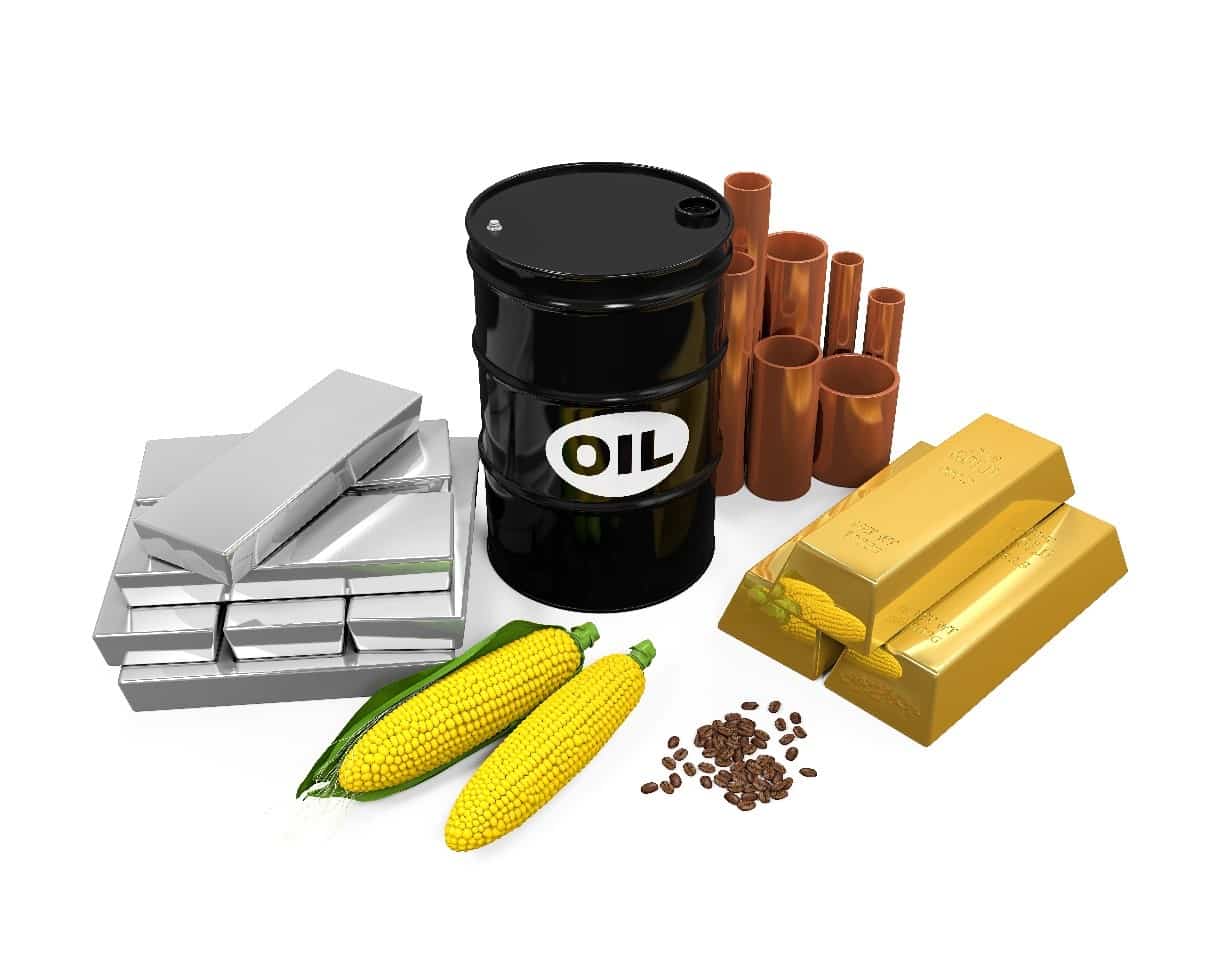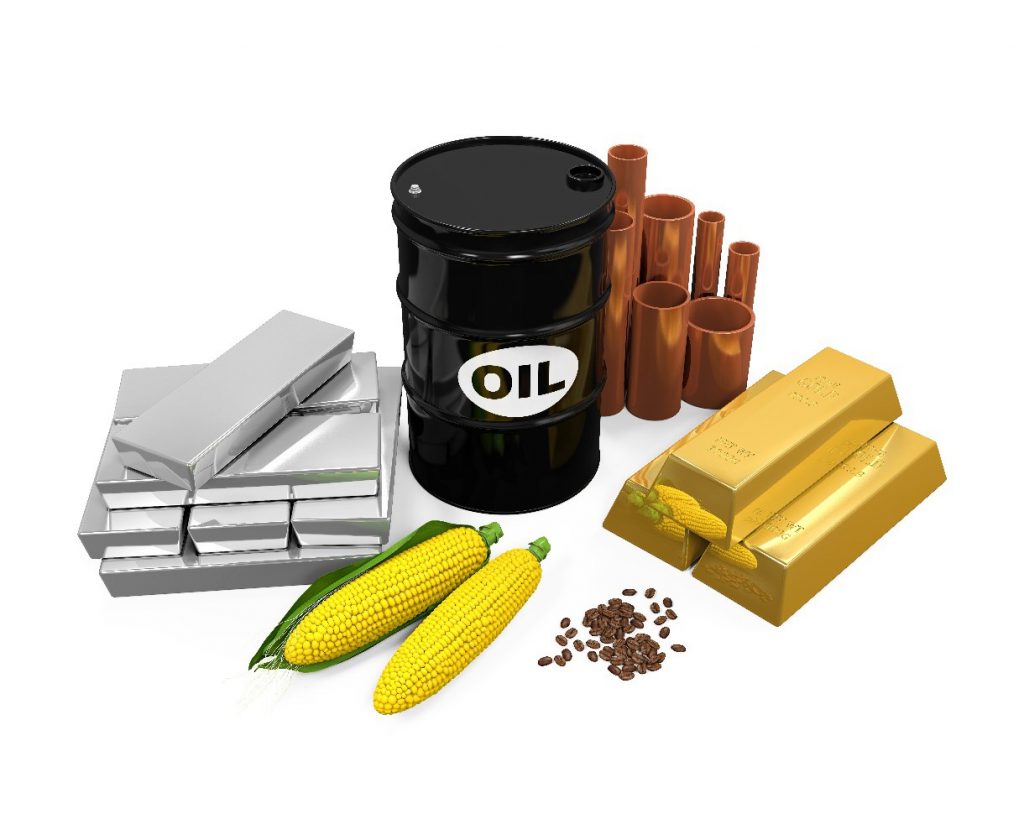
The rally in commodity prices can dent corporate earnings
The highest oil and commodity prices in a year are pressuring margins of companies that had increased used to low input costs. They threaten to upend the most substantial bull run in 11 financial years as investors temper their anticipations about a sustained earnings rebound.
According to analysts, the sharp rally in commodity prices, triggered by expectation about a global economic revival, could severely dent corporate earnings in India in the upcoming quarters and make current stock valuations look stretched.
Rates of commodities such as crude oil, metals, palm oil, wheat, barley, and copra, which account for a significant part of the input costs of Indian companies, have increased. Some companies have lifted prices of goods to offset rising costs, risking a drop in demand, while others have decided to absorb them.
boosting commodity prices creates inflationary pressure
If the commodity price inflation resumes, the Reserve Bank of India (RBI) may be forced to normalize its easy liquidity stance sooner than anticipated, slowing its efforts to support economic growth.
According to the retail research head at HDFC Securities, Deepak Jasani, boosting commodity prices creates inflationary pressure, which could be a risk to markets. He added that if firms cannot pass on the price hike to customers, high input costs or raw material expenses will squeeze the margins of companies or reduce capacity utilization.
Furthermore, analysts at Motilal Oswal Financial Services say that though March quarter earnings are expected to be firm on a low base, fewer coronavirus cases, record winter crop sowing, and improved consumer sentiment, the commodity cost impact would be quite sharp for certain firms.
They also added that price hikes taken by most consumer companies earlier in the year and continued stringent cost-control measures should offer some relief from the sequential inflationary trends seen in most commodities. Most firms in the sector have resumed ad spends, and brand investments but are likely to continue curtailing discretionary spends as part of their efforts on cost savings.


